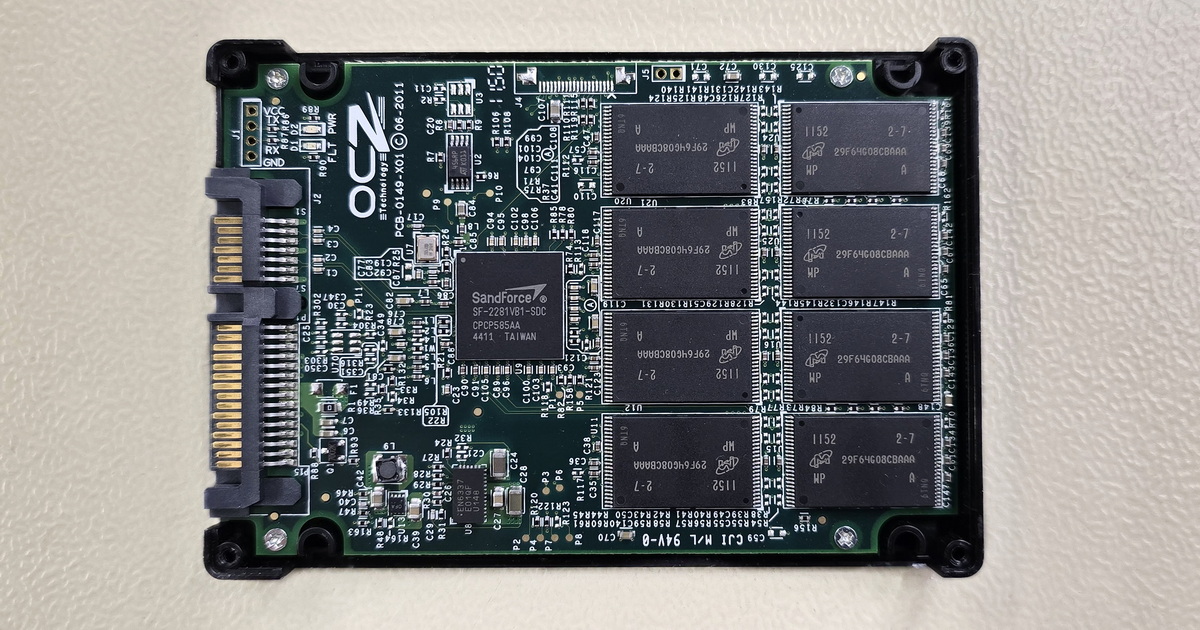The quality of an SSD depends on several factors, particularly the quality of the memory chips that make up the SSD's storage capacity. Memory chips are manufactured using various methods, but errors are unavoidable due to their physical nature. Therefore, the actual capacity of an SSD is greater, with some capacity used for reallocating defective memory blocks. Hard drives (HDDs) can handle a certain error rate similarly. However, if the memory chip errors exceed a tolerable limit, they become apparent, potentially leading to data loss, file system errors, or complete SSD failure.
In this case, the SSD failure could be considered moderately severe. The SSD was still recognized in the BIOS with the correct label and capacity, but the operating system would not boot, user data was inaccessible, and when connected to another computer, the SSD partition was marked as RAW. Initially, the user sought the help of a regular IT service, where they attempted to recover the important data from the SSD using purely software methods, which did not yield very good results.

+420 608 177 773
The SSD then came into our hands. The problem was evident, and it was first necessary to create a binary copy of the disk with the least possible error rate. This can be achieved in similar cases by combining multiple reading and re-reading methods for the SSD content. This involves mainly software interventions, but specialized hardware also plays an important role, providing better control over the process than what a regular IT service could achieve with their available equipment. Once the binary copy of the media content was completed, we could proceed with attempting to reconstruct the file system and recover data from the SSD.
Medium: SSD Kingston SUV500/960G
Capacity: 960 GB
Issue: Memory chip failure, file system collapse
Solution: Error correction by combining multiple methods, file system reconstruction
Result: Most important data successfully recovered
The data recovery result was not without errors, but it was sufficiently high-quality, and most of the important files and folders from the SSD were recovered. The problem described here involved a Kingston SSD, but it can affect SSDs of any brand and capacity. While SSDs are data media without moving parts, unaffected by drops or impacts, our daily practice shows that they are not indestructible. Unlike hard drives (HDDs), there is a wide variety of SSD brands, modifications, and specific technologies. Data recovery from SSDs is therefore a completely different field compared to HDD data recovery. If a similar SSD failure has affected your computer, do not hesitate to contact us.










